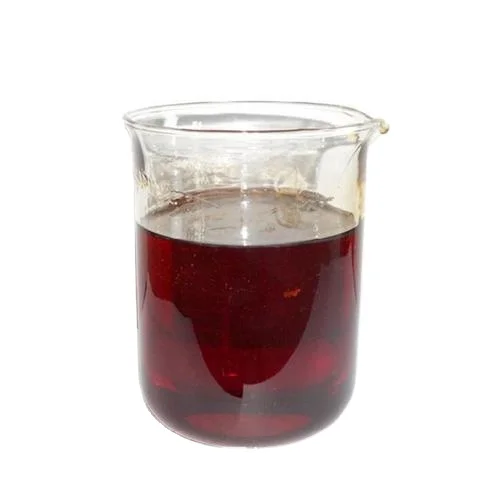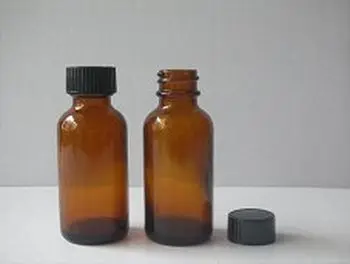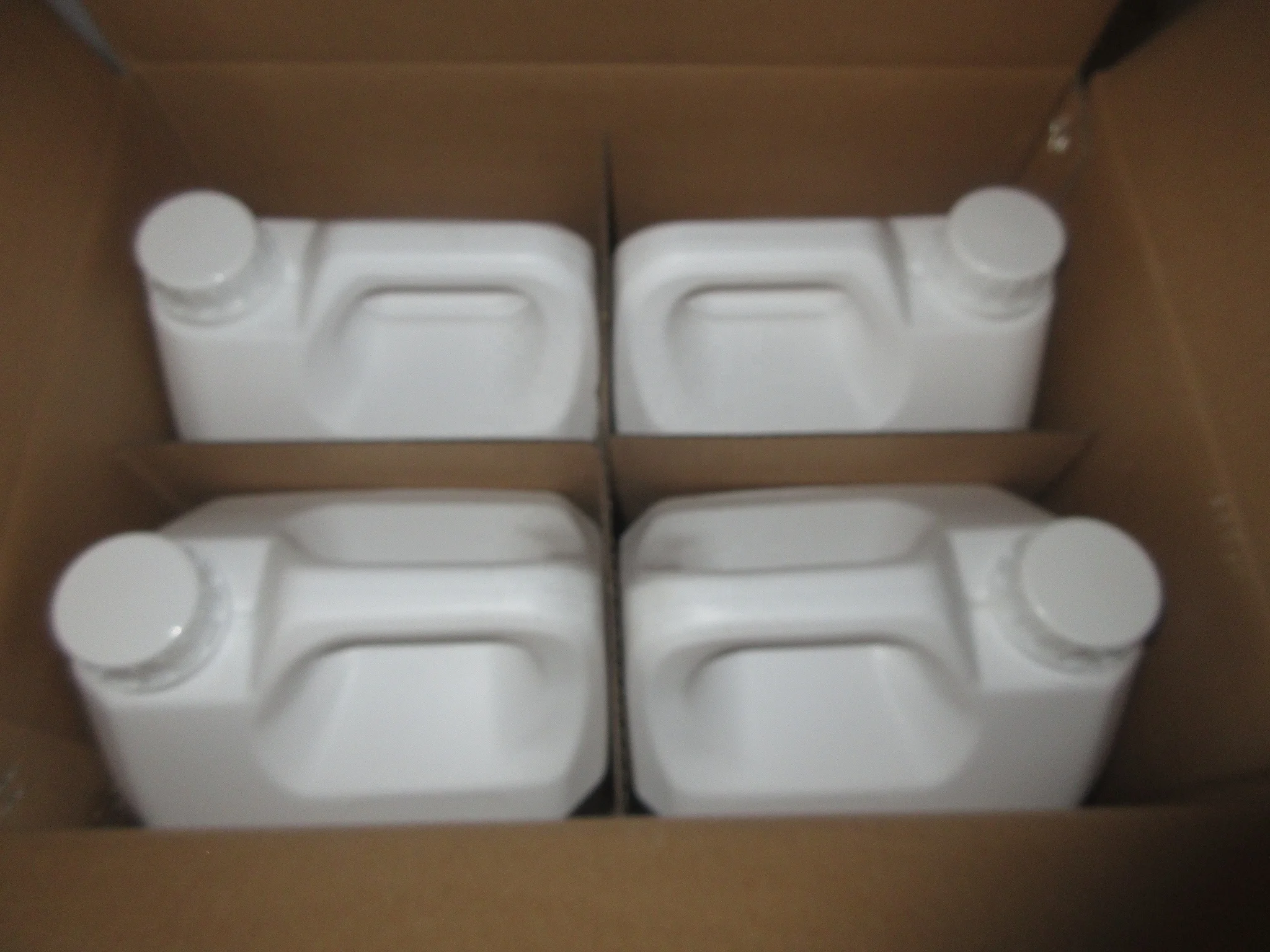Glyphosate herbicide is a spray that farmers and gardeners use to destroy weeds. Weeds are plants which appear between crops and in fields keeping off the crop from essentials including sunlight, water. From an agricultural standpoint, the study is also critical - as it's imperative for farmers to understand how much glyphosate they can safely use on their crops. Overdosage of glyphosate will also damage beneficial plants and lead to lesser yields with low quality plant." The position of thousands of space rain is surrounded by a conspiracy, and nature should be classified as what the planeticide wants in action: we only get ourselves placed farmrotically or successfully if gravity forces us but it smells centripetal with barometric stress.
Glyphosate herbicide is highly cherished by farmers as it can effectively control weeds, and the price to purchase this product would not put a hole in pocket that was compared with some other options. This is one of the many that there others who like it for agriculture Moreover, glyphosate is often a safer alternative to the harsher chemicals that (and still do) dominated agrichemical use in previous decades. It is important to remember, however, that glyphosate can harm other plants and animals if not used properly. This can have disastrous environmental effects. Also, farmers and anyone who gardens are also encouraged not to use this supplement near whenever possible because of the potential adverse effects that could affect them or their family members.

Glyphosate herbicide is also a debatable matter and sentiments are hanging everywhere. Some believe that glyphosate is healthy and should never be used, while others argue itcan increase our ingestion of other chemical cocktails -- through the air we breathe or water demographic -- leading to sickness in humans/animals/plantsunto death. It is considered safe and useful for the farmers that are growing their crops. The controversy behind glyphosate makes it an interesting topic to evaluate because of the safety concerns, agriculture and environment preservation. In order for us to form well-reasoned opinions, we need both sides.

The health impacts of the glyphosate herbicide are these days a widely mythologized battleground. Many worry that glyphosate use can be the cause of such dreadful disease, even cancer;others argue with facts and believe it is no harmful."Stream Resize This enters the rabbit hole a bit, The goal is to figure out what they actual science and research says about this. However, as a consumer (or someone with it on the daily), well:...Animals used glyphosate as directed and at recommended doses to help kill invasive weed species. It allows us to learn rather than be confused, so we can use it with a good goal in mind.

As more and more people are in wake of whether we should be preserving the balance, strengthening up nature or at least keep safe environment around us; non glyphosate containing alternative methods for weed control have started sauntering into most lives. Other methods are crop rotation—which is where the farmer changes what kinds of crops they grow each season, in order to improve soil health—that incorporate cover crops that not only help combat weeds but also provide extra nutrients into the ground and natural sprays made from plant extracts. Used to manage weeds that infest crops, e.g. aggressive invasive species such as Burruti weed Lantana or other intractable plant-soils Salt-spray bushes can natural products control these pests kills Chimichurri Glysophate but almost without the hassle of using a chemical spray. It is useful for each farm or garden to inspect these different alternatives since they support the ecosystem and will work towards sustainable farming.
glyphosate herbicide offer a complete service to our customers in all aspects of hygiene and pest control. It is done by combining a comprehensive understanding of their company with excellent solutions and years of experience with pest control.Our exports exceed 10,000 tons annually, a result of more than 26 years of product development and upgrade. Our workforce of 60 is waiting to work with you and offer the most effective products and services in the business.
In the glyphosate herbicide of product solutions for projects, Ronch's products can be used in all kinds of disinfection and sterilization places, covering all kinds of four pests. Ronch's products offer different product formulations and compatible with all kinds of equipment. The World Health Organization has recommended all drugs. These medicines are extensively used in many projects, including the elimination of cockroaches as well as other insects, such as termites and ants.
Ronch is dedicated to being an innovator in the field of environmental sanitation. Ronch is a glyphosate herbicide which is focused on customer and market needs. It is based on its own research and development and gathers the latest technologies and swiftly responds to changing needs.
Ronch has earned a reputable reputation in the industry of public sanitation. It has a huge number of glyphosate herbicide of experience in customer relations.The competitiveness of the company will be built through unremitting effort and perseverance. It will also achieve outstanding industry-leading brands and offer valuable industry service.
We are always waiting for your consultation.